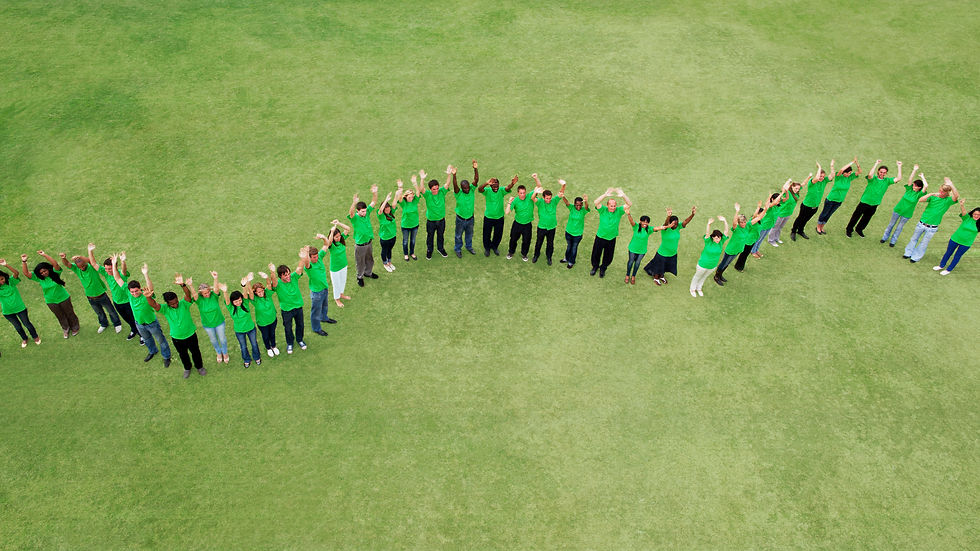- Admin

- Jun 3, 2025
- 2 min read
Updated: Jun 10, 2025

Sunday June 01, 2025
See
We treat presence as possession: accumulating time with loved ones, hoarding perfect moments, building relationships on constant availability. This economy of attachment transforms love into surveillance—monitoring WhatsApp statuses, demanding immediate responses, confusing physical proximity with emotional intimacy. Our connections suffocate under the weight of permanent expectation.
Yet the most painful departures often release the deepest presence. Children who become independent reveal the love that overprotection had buried; jobs we lose open paths that control never would have discovered. Absence creates space for memory to distill what's essential, for distance to purify affection of its possessive components.
Perhaps true intimacy requires strategic absences: the space that allows growth, the distance that makes reunion precious, the departure that transforms presence from entitlement into unexpected gift. The most transformative encounters are not those we control but those that survive our inability to possess them.
Listen
Reflect
(Luke 24:46-53)
Reflect on relationships where your need for control or constant presence might be suffocating authentic connection. What fears drive your desire to keep close what you love, and how might these fears be limiting mutual growth?
Jesus departs physically but promises deeper presence through the Spirit, suggesting that true intimacy transcends physical proximity. How might this perspective change the way you navigate separations, losses, or transitions in your life?
Consider where you might need to create healthy space in your relationships—allowing autonomy instead of dependence, trust instead of control. What would change if you saw certain absences as opportunities for deeper connection rather than threats to the bond?
Pray
Lord, free us from the fear that turns love into possession. Heal our communities addicted to superficial connection, transform our relationships controlled by anxiety into spaces of mutual freedom. Make us wise to embrace the absences that deepen intimacy.


